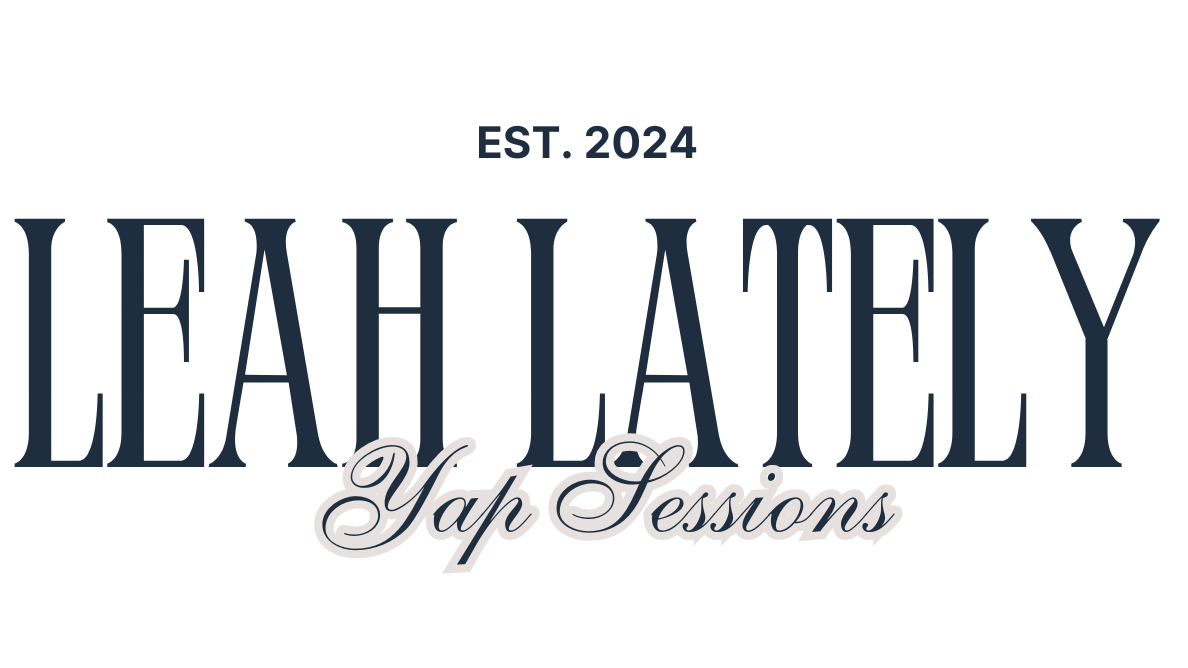Hello world!
The government of the United States has always governed their male citizens. As with most worldwide legislation, it has commonly forgotten its female citizens. The influence of the gender data gap, or the lack of data concerning women, has reached into all crevices of life, especially in the US government.

American policies and economic decisions have routinely served men and disregarded the needs of women. This happens when data is collected wholly on men, and subsequent US laws concern exclusively (or mostly) the lives of male citizens. This male-centered perspective places men at the forefront of scientific research, American politics, and economics, resulting in a gender data gap that has affected legislation, court cases, and elections.
No Taxation Without Representation
Many of the policies created in American history were made by men, for men. Until women received the right to vote in 1920, they had barely a say in government; The Philadelphia Convention produced a Constitution by male delegates, and state laws banned women from serving in jury duty until the 20th century (Kozakiewicz).
When those in power are solely men, their governance inevitably lacks female perspective and will inevitably skip over women’s problems (not necessarily with malicious intent). On the flip side, US studies from the 1980s and 2000s have discovered that female politicians were more likely to address women’s issues—family policy, education, etc—compared to male politicians (Perez 47). 60 of 2003 total senators have been women, 176 out of over 11,000 representatives in the House of Representatives have been women, 6 out of 115 Supreme Court Justices have been women, and 0 out of 45 presidents have been women (representwomen.org).
Therefore, women, who constitute roughly 50% of the United States population, are being represented by less than 25% of those in government (sounds like taxation without representation!). Women only officially entered American politics in 1916 with Jeannette Pickering Rankin (Archives of Women’s Political Communication), and since then, they’ve continued to be underrepresented.
In comparison to neighboring countries Mexico and Canada, the United States was ranked by the World Economic Forum as having the lowest political empowerment for women (Reeves). 2016 was the first year Americans could even vote for a female president, still. This serves as an explanation for why the gender data gap exists, as the history of the United States was mostly written, decided, and executed by men.

One response to “Hello world!”
Hi, this is a comment.
To get started with moderating, editing, and deleting comments, please visit the Comments screen in the dashboard.
Commenter avatars come from Gravatar.